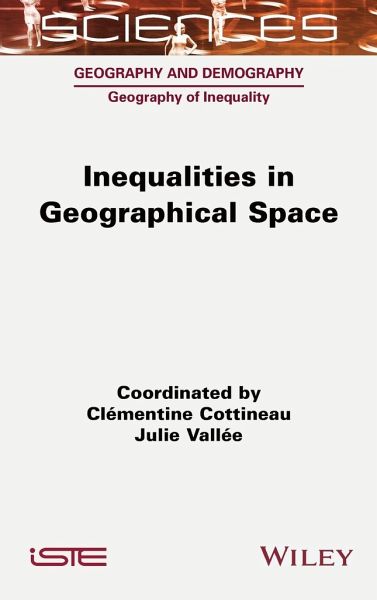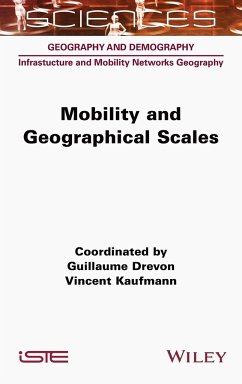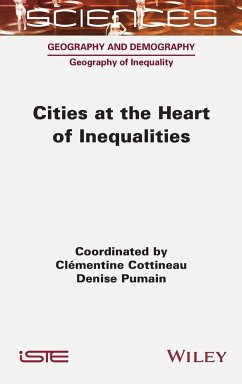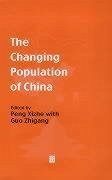
Inequalities in Geographical Space
Versandkostenfrei!
Versandfertig in über 4 Wochen
147,99 €
inkl. MwSt.
Weitere Ausgaben:

PAYBACK Punkte
74 °P sammeln!
Inequalities are central to the public debate and social science research. They are inextricably linked to geographical space, shaping human mobility and migration patterns, creating diverse living environments and changing individuals' perceptions of the society they live in and the inequalities that endure within it. Geographical space contributes to the emergence and perpetuation of inequalities between individuals according to their socioeconomic position, gender, ethno-racial origin or even their age. Inequalities in Geographical Space examines inequalities in education, in the workplace,...
Inequalities are central to the public debate and social science research. They are inextricably linked to geographical space, shaping human mobility and migration patterns, creating diverse living environments and changing individuals' perceptions of the society they live in and the inequalities that endure within it. Geographical space contributes to the emergence and perpetuation of inequalities between individuals according to their socioeconomic position, gender, ethno-racial origin or even their age. Inequalities in Geographical Space examines inequalities in education, in the workplace, in public and private spaces and those related to migration. Written by geographers, sociologists and economists, this book draws on a variety of theoretical and methodological approaches and compares different spatial and temporal scales. It highlights the importance of geographical space as a vehicle for the expression, creation and reproduction of social, racial, economic and gender inequalities.














